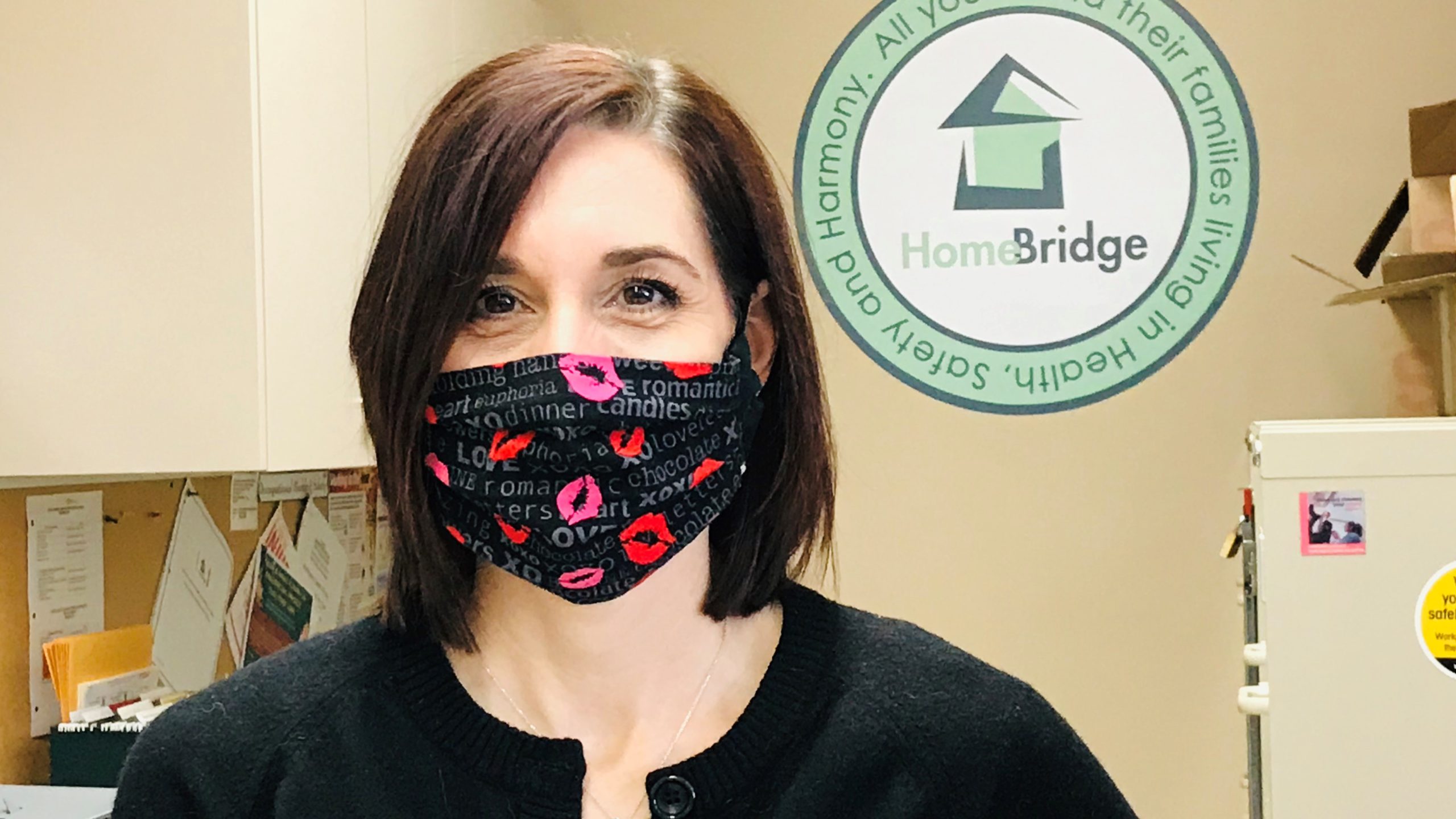Foster care in N.S. leans on collaboration, technology during COVID-19
The province and societies are working together with children in care during the pandemic

caption
Renee Stevens is the communications and development manager at HomeBridge Youth Society.The foster care system in Nova Scotia is using technology to maintain family connections and education during the COVID-19 pandemic, while working with other groups to handle any changes.
The Department of Community Services works with Federation of Foster Families, HomeBridge, and other centres during COVID-19 to meet the needs of foster parents and children in care.
The Department of Community Services provides social services for Nova Scotians including foster care.
“There’s some good lessons to be learned from our relationship and our experiences through the pandemic,” said Wendy Bungay, director of placement services.
“(What) we’re looking at right now is how we take those lessons learned and build an even stronger program into the future.”
Foster families and COVID-19
Bungay said foster parents faced many of the challenges of COVID-19 directly.
“Foster parents assumed a lot of the heavy lifting in terms of the school closures, daycare closures, those sorts of things that provided natural respite, and other opportunities for children and care,” Bungay said.
“They took on all of that, and we had to work with them to look at how we could support, you know, other ways of children having contact with their birth families.”
Bungay said FaceTime, phone contact, and other virtual methods were used to connect children with their birth families during the pandemic.
Following public health guidelines and the relaxation of restrictions, “we’ve been able to mobilize and resume as many normal activities as possible,” Bungay said, referencing the return to school in September.
Foster care recruitment efforts have been challenging because of COVID restrictions (limited face to face contact and large groups), Bungay said, but foster care recruitment and retention is ongoing.
“I think that it’s really trying to be anticipating of any additional needs that may come up depending on what the pandemic unfolds like here,” Bungay said.
Department of Community Services has launched a new program, Alternative Family Care, that provides financial assistance to extended family members and caregivers to support children’s needs.
“We have lots of work underway in terms of enhancing the voices of children in care and having them contribute to the policies and planning that we do as we continue to build the foster care model in the province,” Bungay said.
Non-profits offer residential services and more
HomeBridge Youth Society, a non-profit organization, provides residential services for youth-in-care recommended by Department of Community Services social workers.
HomeBridge Youth Society has six residential facilities through Halifax Regional Municipality, a school program, and therapeutic, life-skill building programs.
“As a residential care provider for vulnerable youth in this province, we have had to forge on and adapt our practices to reduce the spread of COVID-19 while we continue to support the young people who live in our facilities,” said Renee Stevens, the group’s communications and development manager.
Some of the changes include cleaning and sanitizing protocols, the use of social distancing practices (including face masks), closed programs to outside visitors, and suspended in-person sessions requiring groups to gather for periods of time, Stevens said.
Last year they received funding for their on-site school program, Bridges for Learning, to buy Chromebooks for the students.
“These were a very helpful resource during wave one when all public schools were closed. The young people were able to continue their studies by using this technology,” Stevens said.
Foster care in Nova Scotia
The Department of Community Services also funds and works closely with the Federation of Foster Families, an organization of foster parents in Nova Scotia.
“We meet regularly with the federation, and we want to make sure that we’re collaborative, and that we’re working together,” Bungay said.
There are five categories of foster care in Nova Scotia: full-time foster parents, emergency foster parents, part-time respite foster parents, specialized foster parents, and kinship foster parents (relatives, neighbours or close friends of the children or youth).
About the author
Chelsy Mahar
A journalism student at the University of King's College and an aspiring poet.
